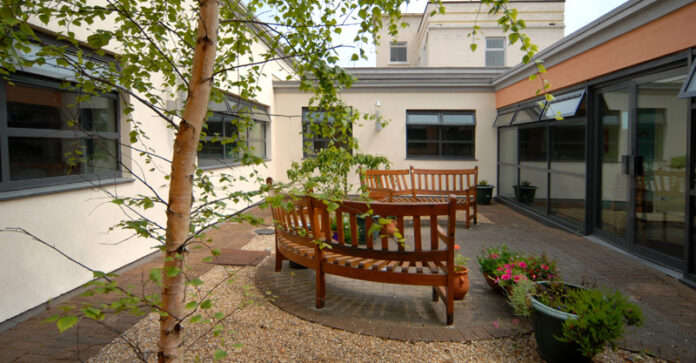THERE has been an increase of 70% in the use of physical force to manage patients at Ennis’s Acute Psychiatric Unit, new figures show. The rise comes at a time when mental health experts say such measures should only be used in “exceptional” circumstances.
A report from the Mental Health Commission shows there were 85 incidents, in 2019, when residents of the unit were physically restrained after they were judged to pose an immediate danger to themselves or to others.
While there was a decrease nationally in the number of episodes of physical restraint in the country’s 65 approved inpatient psychiatric treatment centres, the facility in Ennis bucked that trend. There were 50 incidents of physical restraint at the unit in 2018 and 85 episodes involving 41 residents in 2019.
In response to a query from The Champion, the Health Service Executive (HSE) Midwest, said it welcomed the report’s findings and is currently reviewing them. “While restrictive measures are sometimes necessary,” a spokesperson said, “the HSE continue to roll out additional training to all healthcare professionals in approved centres in the prevention and management of violence and aggression and de-escalation techniques”.
The reply also noted a “marked decrease nationally in the use of seclusion” in 2019. There were 16 incidents at the Ennis unit, in 2019, in which patients were left alone in a secure place such as a locked room. The figure marks a significant decrease on the 36 incidents in 2018. It is still more than twice the rate for 2017, however, when there were just seven such episodes.
Nationally, seclusion represented a quarter of all interventions in 2019, while restraint accounted for 75%. Commenting on the findings, John Farrelly Chief Executive of the Mental Health Commission, said that there was “no therapeutic effect linked to the use of restraint”. “People are gaining an increasing understanding that in the buildings which are designed well, where there are effective staffing arrangements, there should be very limited need for these practices,” he said. “Ultimately, we want to reach a position where we only see these practices applied in very limited and exceptional circumstances.”
The HSE said it is actively working, in partnership with the approved centres, to reduce the use of restrictive practices.”HSE Mental Health has also developed a national project to review and reduce the use of restrictive practices in HSE Mental Health Services,” a spokesperson noted. “The project group is currently developing a plan to support services which will be rolled out in 2021.”
According to the commission’s latest report, the lowest number of episodes of physical restraint was in the community health area covering Clare, Limerick and North Tipperary. There were 86 incidents of restraint at the acute psychiatric unit at University Hospital Limerick (UHL) in 2019. For the second year running, there were no incidents of seclusion at that 42-bed unit. Incidents of physical restraint at the Tearmann Ward for older adults at St Camillus’s Hospital reduced from 18 in 2018 to less than five in 2019. Incidents of restraint at Cappahard Lodge for older adults in Ennis were below five in 2019 and 2018.
The Mental Health Commission defines physical restraint as “the use of physical force (by one or more persons) for the purpose of preventing the free movement of a resident’s body when he or she poses an immediate threat of serious harm to self or others”.

